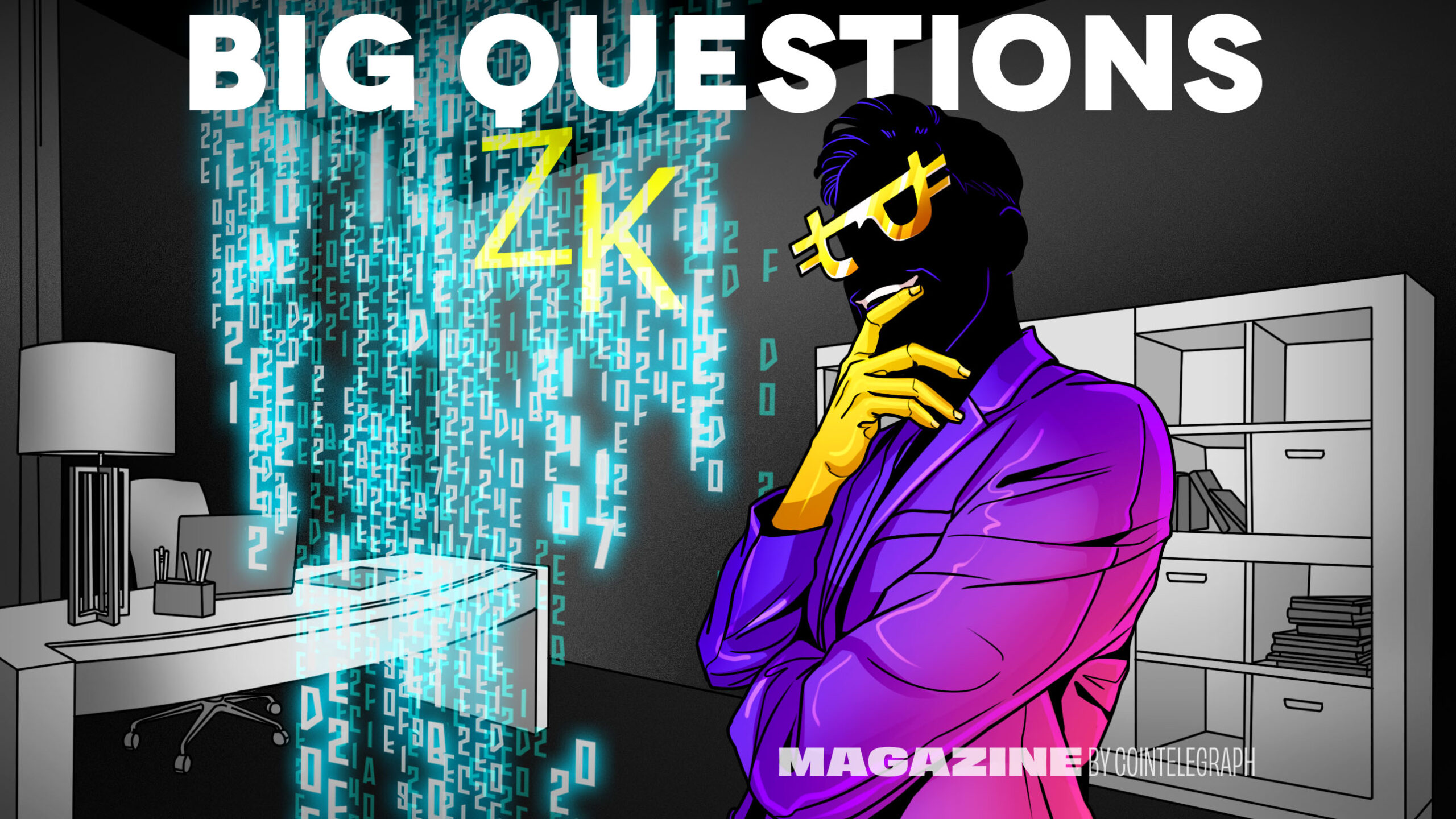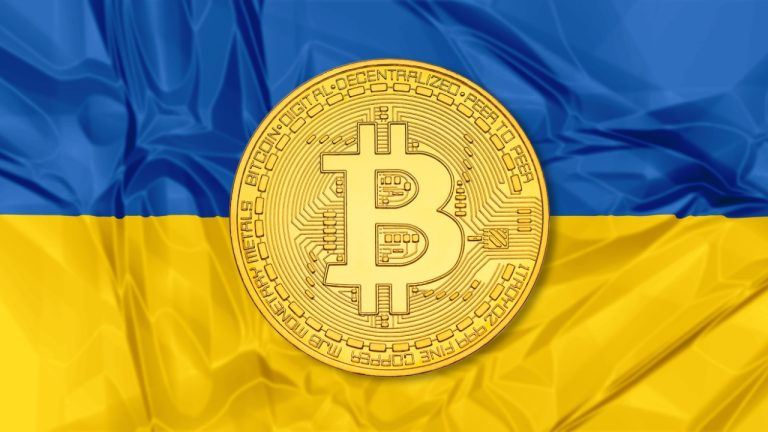
Big Questions: What did Satoshi Nakamoto think about ZK-proofs?

What was once a passing interest of Bitcoin inventor Satoshi Nakamoto, zero-knowledge-proof technology is now a major part of the crypto world.
From privacy coins to shiny iris-scanning orbs, zero-knowledge proofs have become synonymous with crypto, scalability and privacy.
In 2022, investors
It was also the first time zero-knowledge proofs were used in a real peer-to-peer cryptocurrency, allowing users to hide or shield the crypto wallet address sending or receiving funds.
The founding scientist of Zcash, Eli Ben-Sasson, would then go on to found StarkWare, a company known today for using zero-knowledge proofs to scale Ethereum through rollups.
Ben-Sasson tells Magazine that the early enthusiasm from Bitcoin core developers for ZK-proofs played a pivotal role in his eventual co-founding of StarkWare.
The Bitcoin 2013 conference in San Jose marked my Eureka moment.
Mike Hearn, a then-Bitcoin developer and one of the earliest Bitcoin adopters, went as far as to declare my talk on ZK-proofs as the most crucial of the event due to its potential impact on the future of blockchain.
It was there that I realized the transformative potential of the Validity Proofs I was developing, says Ben-Sasson.
Fast forward to today, Bitcoin itself now stands ready to enter the world of ZK-proofs.
ZeroSync, a nonprofit founded by three computer scientists (and sponsored by StarkWare), is developing the worlds first ZK light client for Bitcoin.
Long-term, we hope to bring mass scalability to Bitcoin using STARK Proofs, said Robin Linus, co-founder of ZeroSync.
Linus said that ZeroSync has designed and is currently implementing a layer-2 protocol that could allow Bitcoin to process more than 100 transactions per second while bringing privacy properties to Bitcoin.
This could be a major feat in bringing Bitcoin toward the scalability it needs.
So what would Nakamoto think?
Its evident from Satoshis past remarks that he strongly favored the use of ZK-proofs for privacy, says Ben-Sasson.
Nakamoto was a stickler for anonymity. His public interactions on Bitcointalk and his emails were all reportedly done using the IP-masking browser, Tor. Its the main reason his public IP address could never be traced back to him.

The Bitcoin creator even dedicated a section to privacy in the Bitcoin white paper, suggesting users keep their public keys anonymous so that, even though the public can see transactions occurring, they dont know who is involved, like a stock exchange.

Its clear that Satoshi would have been intrigued by the privacy innovations my peers and I contributed to at Zcash, says Ben-Sasson.
Unfortunately, Nakamoto never approached the subject again before he vanished from the public eye on Dec. 12, 2010 the date of his last post on Bitcointalk.
Ben-Sasson, however, believes if Nakamoto had continued to be active, he would have likely pushed to bring ZK-proofs to Bitcoin.
While they have recently found their way into Bitcoin through ZeroSync, I believe Satoshi would have been inclined to make the necessary adjustments to integrate them further, he says.
After all, for Bitcoin to realize its vision as a global currency, the imperative to scale cannot be ignored, especially considering its current state of ossification.

Go to Source
Author: Felix Ng









